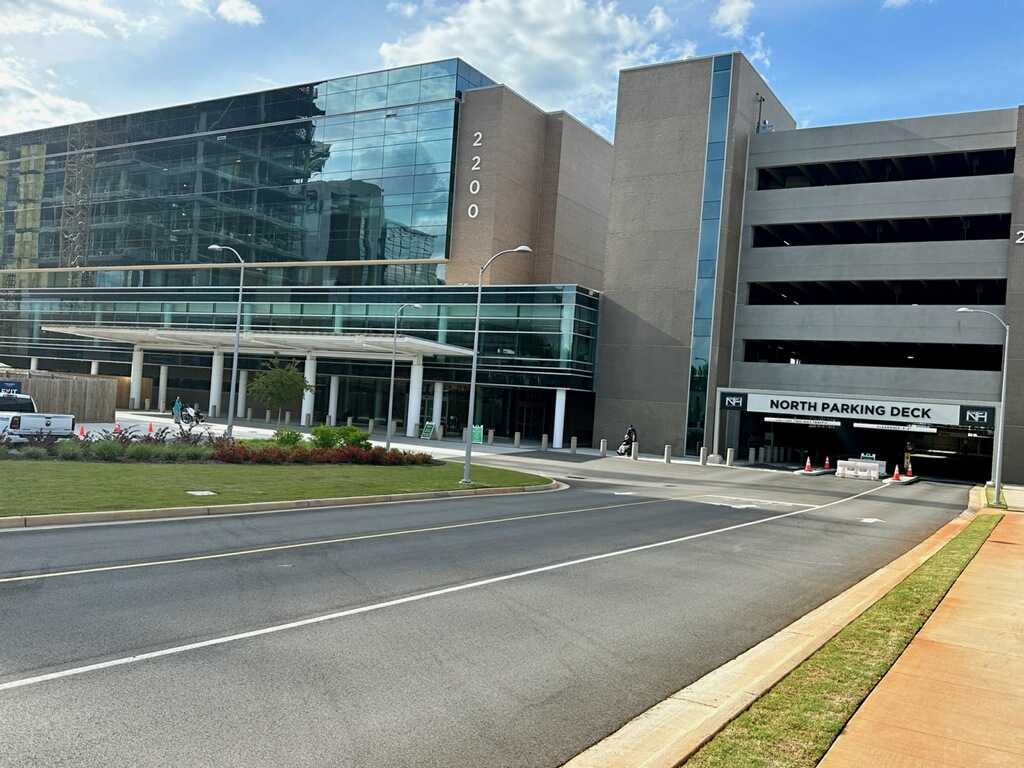Abnormal Heart Rhythm
Lorem ipsum dolor sit amet, consectetur adipiscing elit.

Causes and treatment for arrhythmias (Abnormal heart rhythm)
An abnormal heart rhythm, also known as arrhythmia, is a condition where the heart is beating irregularly. There are a variety of heart conditions that can cause arrhythmias, and which form of arrhythmia you experience depends on where in the heart it is found. Although not all of them are dangerous, it is still important to seek medical attention if you are experiencing an irregular heartbeat.
Type of arrhythmias
There are three types of arrhythmias which each contain a variety of different conditions. Supraventricular arrhythmias are ones that begin in the heart’s upper chambers, also known as the atria. Arrhythmias that fall under this category include paroxysmal supraventricular tachycardia (PSTV), which is a rapid but regular heart rhythm that comes from the atria and begins and ends suddenly; accessory pathway tachycardias, AV nodal reentrant tachycardia (AVNRT), atrial tachycardia, and atrial flutter, which are all rapid heart rhythms; and atrial fibrillation, which is a common irregular heart rhythm.
The next form of arrhythmias are known as ventricular arrhythmias, which begin in the heart’s lower chambers called the ventricles. These arrhythmias include premature ventricular contractions (PVCs), which are early, extra heartbeats; ventricular tachycardia (V-tach), which is a rapid heartbeat; and ventricular fibrillation (V-fib), which is an erratic, disorganized firing of impulses from the ventricles. The final form is called bradyarrhythmia, which is a slow heart rhythm. This includes sick sinus syndrome and conduction blocks.

Risk Factors For arrhythmias
Certain lifestyle changes can reduce your risk of developing arrhythmias. This includes avoiding or reducing nicotine and alcohol consumption, limiting caffeine intake, avoiding stimulants, managing your blood pressure and blood sugar levels, and maintaining a healthy weight and diet.
Causes of Arrhythmias
Arrhythmias can be caused by coronary artery disease, high blood pressure, cardiomyopathy, valve disorders, electrolyte imbalances in the blood, injury to the heart muscle due to previous heart attacks, or healing from heart surgery. This condition may also be caused due to certain medications or genetic abnormalities, as well as diabetes, sleep apnea, COVID-19, hypothyroidism or hyperthyroidism, and stress or anxiety.
Treatment For Arrhythmias
Treatment depends on the type and severity of the abnormal heart rhythm, but treatment options include medications, lifestyle changes, invasive therapies, electrical devices, or surgery. Medications that can be used to treat arrhythmias can include heart rate control drugs, antiarrhythmic drugs to change the arrhythmia back to sinus rhythm or to prevent an arrhythmia, anticoagulant or anti platelet drugs to reduce the risk of blood clots or stroke, and medications that can treat underlying conditions that may be causing the arrhythmia.
Symptoms of Arrhythmias
In some cases, arrhythmias do not display any noticeable symptoms. If symptoms do occur, you will typically experience heart palpitations, pounding in your chest, dizziness or lightheadedness, shortness of breath, chest pain and discomfort, weakness or fatigue, and weakness of the heart muscle. Other symptoms may include anxiety, sweating, or fainting.
Related Conditions:
Top Conditions:
Call to Schedule an Appointment
How CVG Can Help
CVG offers a variety of services that can check and treat abnormal heart rhythms. At CVG, we perform stress tests that will observe blood flow and test for atrial fibrillation and other arrhythmias. There are three types of stress tests that we perform:
A treadmill test is a test in which you will walk on a treadmill that gets faster and steeper every 3 minutes. This will stress your heart so that our nurse or doctor can determine your EKG and blood pressure.
An echo test is performed before and after your treadmill test to determine how well your heart pumps blood.
A nuclear stress test is a treadmill test that is prefaced by an injection of medicine that shows the flow of blood to your heart.
We also offer cardiac catheterization, in which a catheter is inserted into the heart in order to take pictures and conduct tests. This procedure allows doctors to gain more information about your condition and suggest treatment options.
If these tests determine a problem, we offer treatment solutions to fix several conditions. Learn more about our services here, or schedule an appointment to talk to our doctors.
Locations That Treat Arrhythmias






